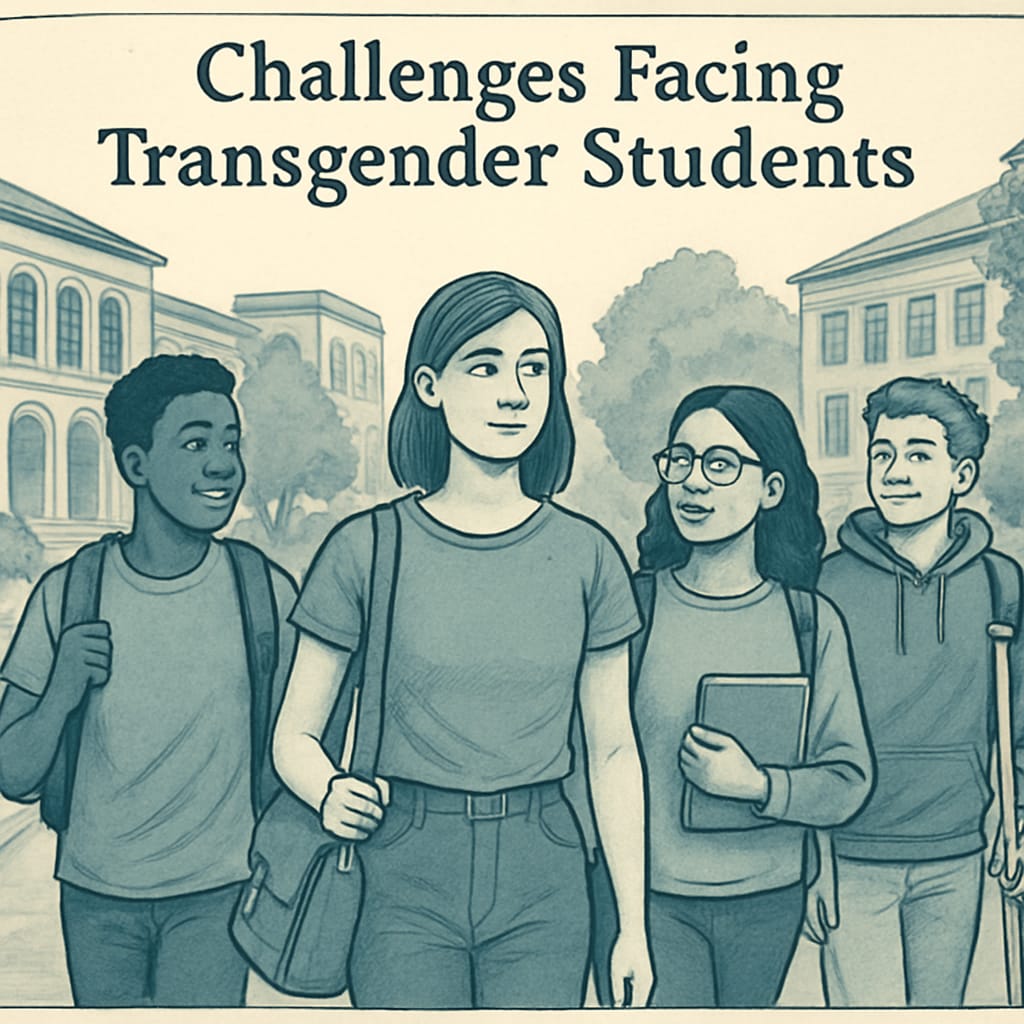Brown University’s recent agreement with the Trump administration to define gender as a binary concept has sparked significant concerns among transgender students. This gender policy, which strictly categorizes individuals as male or female, creates complex challenges for educational equity and impacts the overall campus environment. Transgender students are particularly vulnerable, as policies like these can undermine their identity, psychological safety, and access to resources. Educational institutions are meant to foster inclusion and support for all students, but this agreement may contradict these ideals.

The Controversy Over Binary Gender Policies
Gender policies that define gender as strictly male or female have been at the center of ongoing debates. Advocates of these policies argue that they simplify administrative processes and align with biological definitions. However, critics highlight that such an approach excludes non-binary and transgender individuals, denying them recognition and protection. Brown University’s decision to implement a binary gender framework in compliance with the Trump administration’s guidelines has led to significant backlash from students, faculty, and LGBTQ+ advocacy groups.
For transgender students, the implications are profound. Binary policies often restrict access to gender-affirming facilities, such as bathrooms and housing, which are crucial for their comfort and well-being. In addition, these policies may limit opportunities for healthcare, counseling, and other supportive services tailored to their needs. The shift in policy risks fostering a hostile environment where students feel marginalized and unsafe.
Impact on Identity and Psychological Safety
Transgender students at Brown University have reported feeling a sense of alienation due to the restrictive gender policies. The lack of institutional recognition for non-binary identities can lead to psychological distress, as students are forced to conform to labels that conflict with their self-identity. Studies have shown that inclusive environments play a critical role in reducing mental health challenges among LGBTQ+ individuals, including depression and anxiety.
Furthermore, educational institutions hold the responsibility of promoting acceptance and diversity. Policies that disregard the experiences of transgender students undermine these values, creating a climate where students may hesitate to express themselves authentically. As a result, many transgender students face barriers to academic success, participation in extracurricular activities, and social integration.

Advocating for Change and Inclusivity
In the face of these challenges, advocacy efforts are gaining momentum to push for more inclusive policies at Brown University and beyond. Student-led organizations and LGBTQ+ advocacy groups are calling for the university to revise its gender framework to accommodate transgender and non-binary individuals. These efforts include petitions, public demonstrations, and meetings with university administrators to demand change.
In addition, universities across the nation are implementing progressive policies that recognize diverse gender identities. For example, institutions like the University of California have adopted gender-neutral housing options and inclusive language guidelines to support their LGBTQ+ students. These practices serve as models for creating inclusive environments where all students can thrive.
As educational institutions grapple with the complexities of gender identity, it is essential to prioritize the voices of transgender students and recognize their unique needs. Policies that embrace diversity and inclusion not only benefit marginalized groups but also enrich the campus culture for everyone.
Looking Forward: A Call to Action
The impact of Brown University’s gender policy agreement highlights the urgent need for reform. Universities should strive to be spaces where all students feel valued and supported, regardless of their gender identity. To achieve this goal, administrators must engage in open dialogue with LGBTQ+ students, implement training programs for staff on gender inclusivity, and establish policies that affirm diverse identities.
Transgender students deserve equal opportunities to succeed academically and socially. By fostering an inclusive campus environment, universities can set a powerful example of how to champion equity and human rights in education.
Readability guidance: This article uses short paragraphs and lists to present key points clearly. It minimizes passive voice and maintains an average sentence length for accessibility. Transitions like “however,” “in addition,” and “as a result” enhance flow and coherence.


